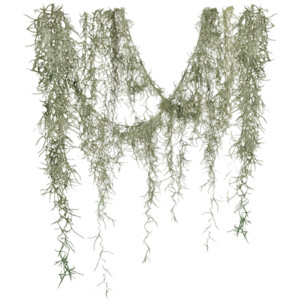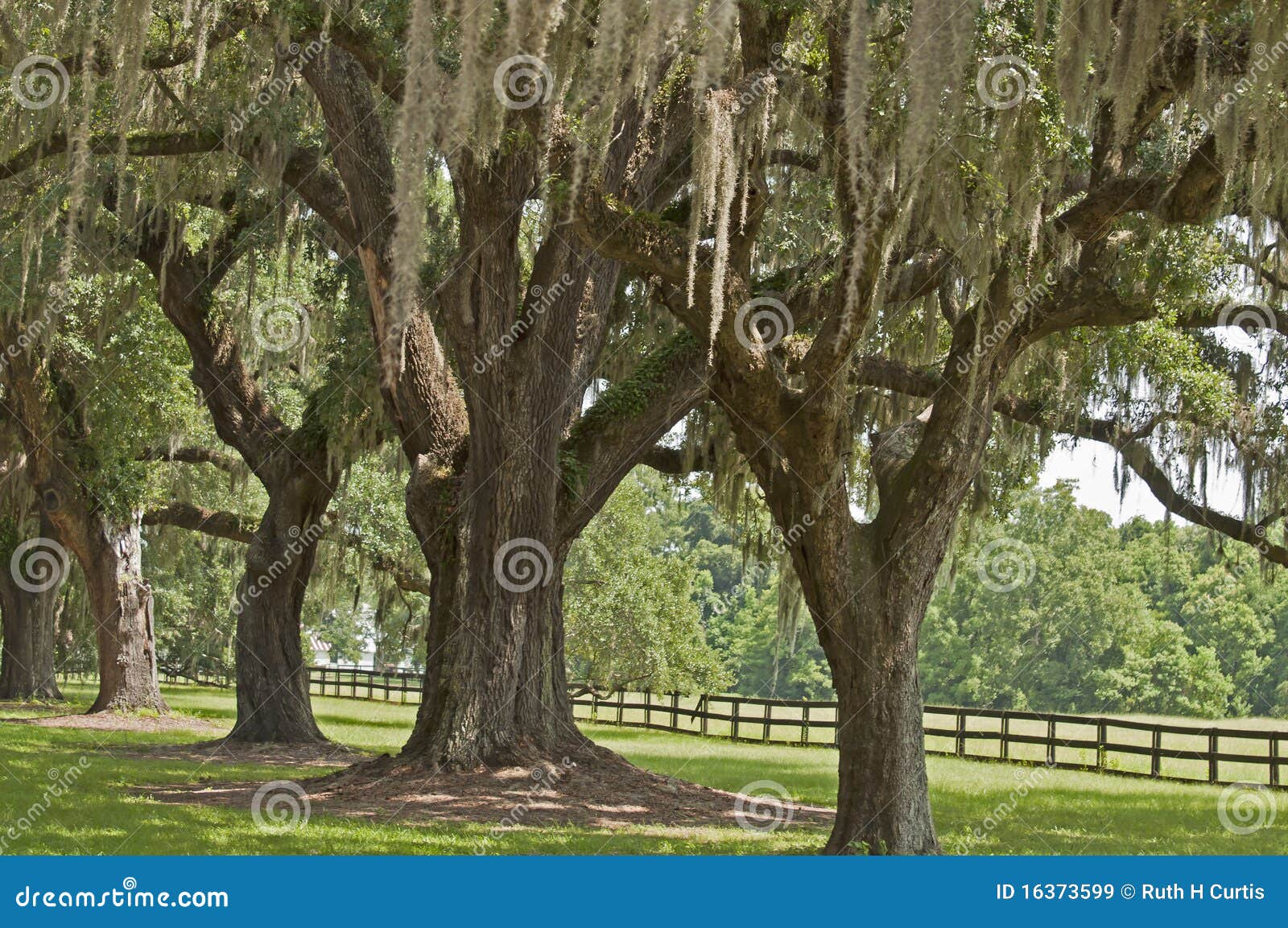

Spanish moss' primary range is in the southeastern United States (including Puerto Rico and the U.S. The specific name of the plant, usneoides, means "resembling Usnea", a lichen.

Formerly, it was placed in the genera Anoplophytum, Caraguata, and Renealmia. Spanish moss is in the family Bromeliaceae (the bromeliads). Spanish moss propagates both by seed and vegetatively by fragments that are carried on the wind and stick to tree limbs or that are carried to other locations by birds as nesting material. The scape is partly hidden within the leaf sheath.

Its flowers are yellow-green and small, with spreading petals. Spanish moss consists of one or more slender stems, bearing alternate thin, curved or curly, and heavily scaled leaves 2–6 cm (0.8–2.4 inches) long and 1 mm (0.04 inches) broad, that grow vegetatively in a chain-like fashion (pendant), forming hanging structures of up to 6 m (20 feet).


 0 kommentar(er)
0 kommentar(er)
